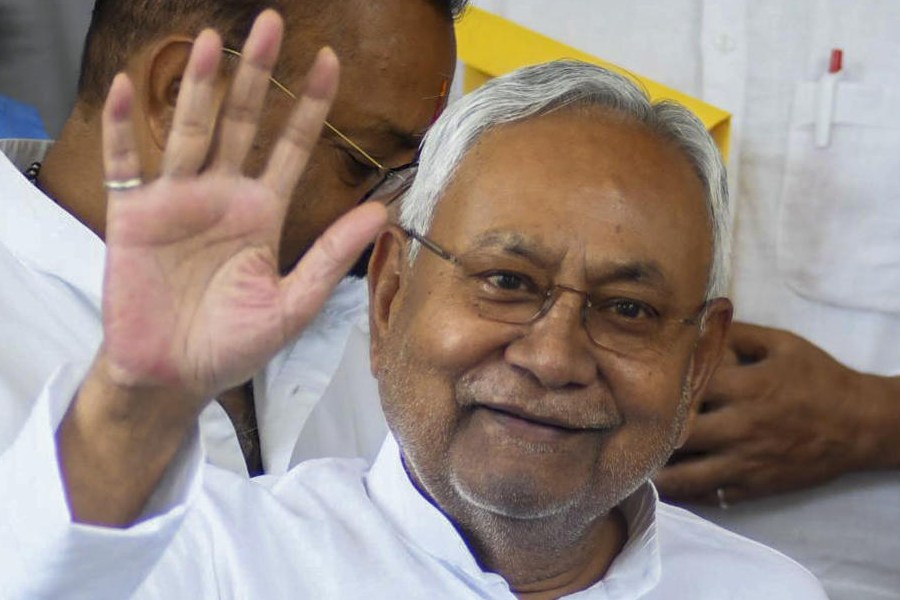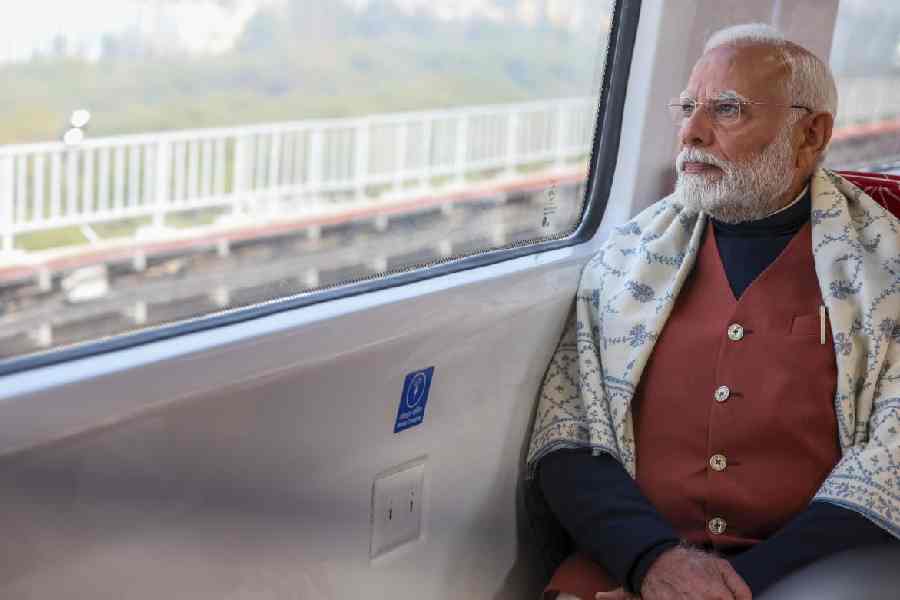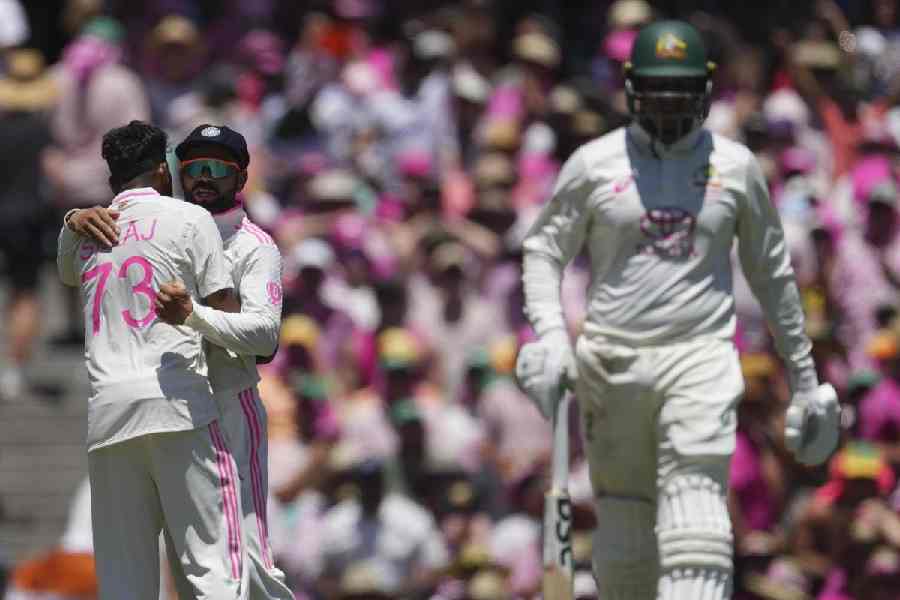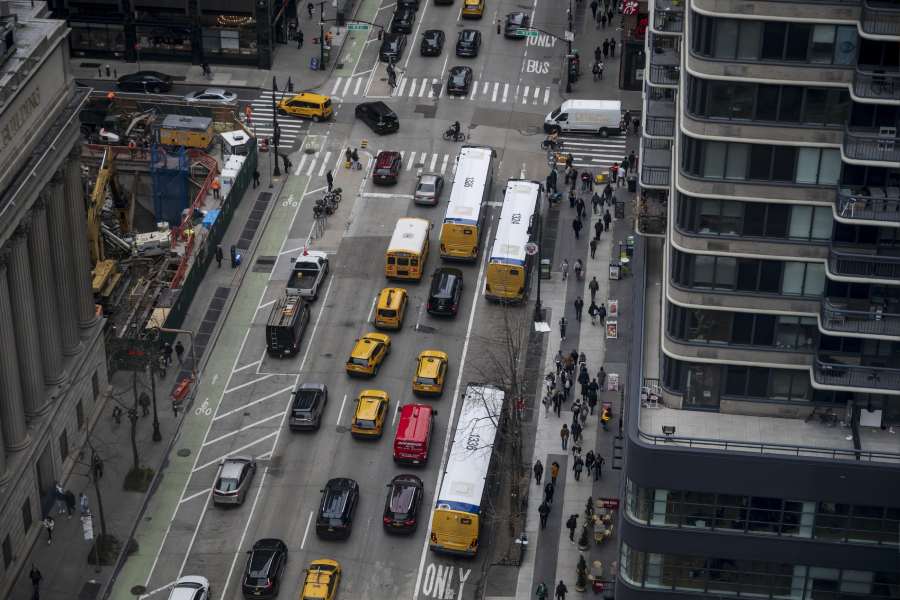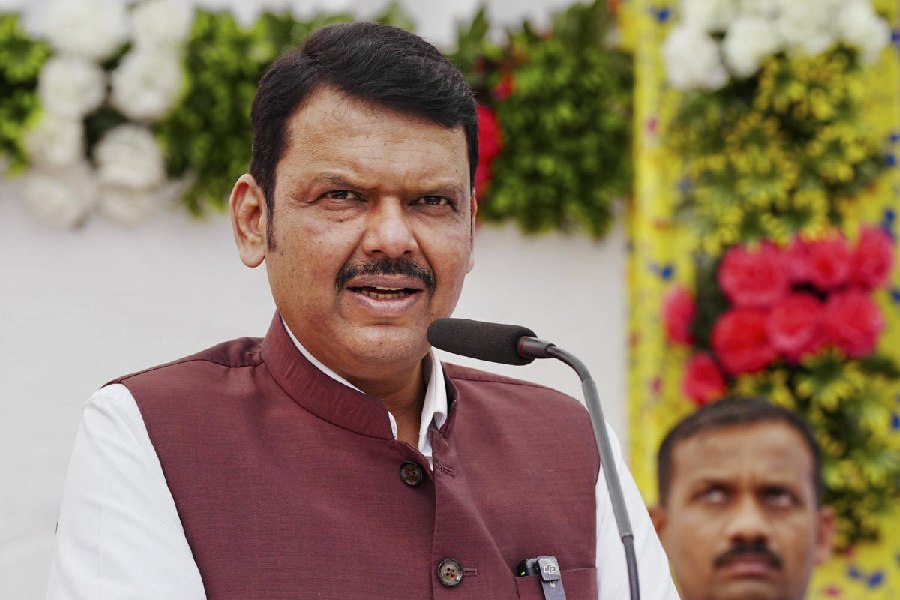Kumar Mangalam Birla has said the country’s GDP may not only contract in 2020-21 but the next few years are also likely to be characterised by difficult conditions even as there could be other post-Covid changes reflected in consumer behaviour and the operating models of companies.
Birla, who is one of the country’s leading industrialists with diversified interests ranging from commodities and telecom to financial services, said in a letter to shareholders that while the domestic economy may witness its first contraction in more than four decades in this fiscal, some scars from the current pandemic would last longer for the world economy in the form of subdued consumer and business confidence.
Some sectors, such as airlines and hospitality, will take time to recover fully, while some supply chain disruption effects will linger.
He pointed out that as the world emerges from the current crisis, the next few years are likely to be marked by a lack of buoyancy in growth, subdued commodity prices and inflation, a cautious trend in project investments, heightened risks of de-globalisation and political uncertainty; and increased dependence of financial systems on ultra-loose monetary policy conditions.
“We will also have to watch out for potential post-Covid changes in consumer behaviour (such as more virtual engagements) and of the operating models of organisations (such as work-from-home norms, diversification of supply chain risks, more use of e-commerce),” he added.
Birla, thus, joins the list of several economists who are forecasting a challenging year for India with recovery only expected next fiscal. While experts feel that the Indian economy may show a double-digit contraction in the first quarter of the fiscal with some estimates even putting it at over 40 per cent and that for the year as a whole, it may shrink by over five per cent.
According to Birla, Covid-19 struck India at a time the underlying economic conditions were subdued on account of heightened global uncertainty and stress in the domestic financial system. A stringent national lockdown to slow the spread of the pandemic started in the last week of 2019-20 and remained active in varying degrees in different geographies through most of the first quarter of 2020-21.
“It is estimated that about 80 per cent of India’s GDP originates from districts which were classified under the red and orange zones during the lockdown, where economic activity remained severely constrained,” he said.
The Aditya Birla group chairman added that though the government and the Reserve Bank of India (RBI) have taken various measures to stabilise the economy and boost growth, the Indian economy — like the global economy —will still need to navigate through some difficult quarters.
Given the fog of uncertainty all around, it is hard to be prescient in these times, Birla added.
Steel demand
Steel demand is expected to decline significantly in 2020-21 in line with a projected contraction in the global economy due to the impact of coronavirus pandemic, Tata Steel has said in its annual report.
Most of the steel producing regions are expected to witness a decline in crude steel output due to production cuts amid the ongoing lockdowns, Tata Steel said.
The global economic growth is expected to see a contraction of over 3 per cent in 2020, Tata Steel chairman N. Chandrasekaran said, terming the slump as the “worst contraction” since the 1930s.
A contraction in global GDP is not a good sign for the steel sector as steel demand is positively correlated with the economic growth.
“Global GDP growth eased to 2.9 per cent in 2019 against an initial growth projection of 3.5 per cent... As we look ahead, it is important to gauge Covid-19’s unprecedented impact on the global economy. It is expected that global growth will contract by over 3 per cent in 2020, the worst contraction since the 1930s," Chandrasekaran said in the Annual Report for 2019-20.
“But there is little doubt on one reality: companies with quality leadership, sound business fundamentals and a track record of winning in turbulent times, will emerge as champions in the new global order,” he said.
This year will see an economic contraction, but this 2020 recession is turning out very different from the past recessions, he observed.
Birla was, however, quick to add that on the positive side, this recession is likely to be one of the shortest, assuming no second wave of the pandemic recurs. As present lockdowns around the world get lifted, and businesses reopen, economic activity is likely to bounce back fairly quickly.


